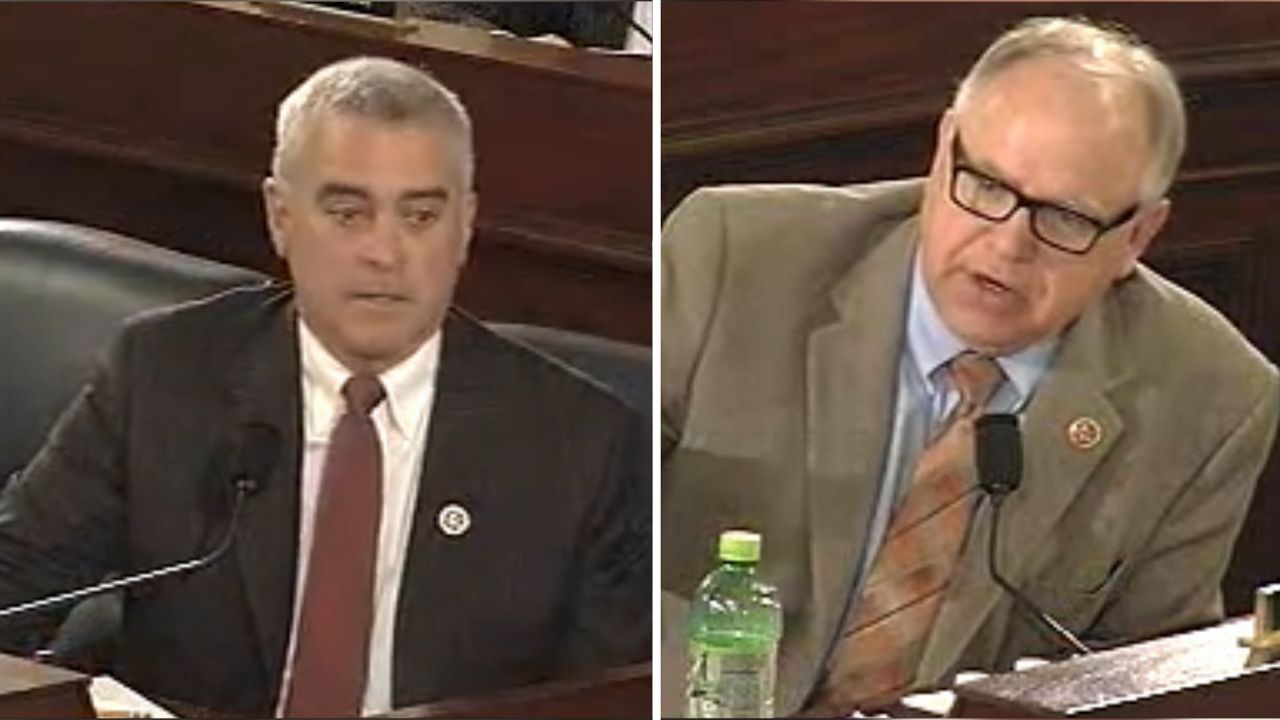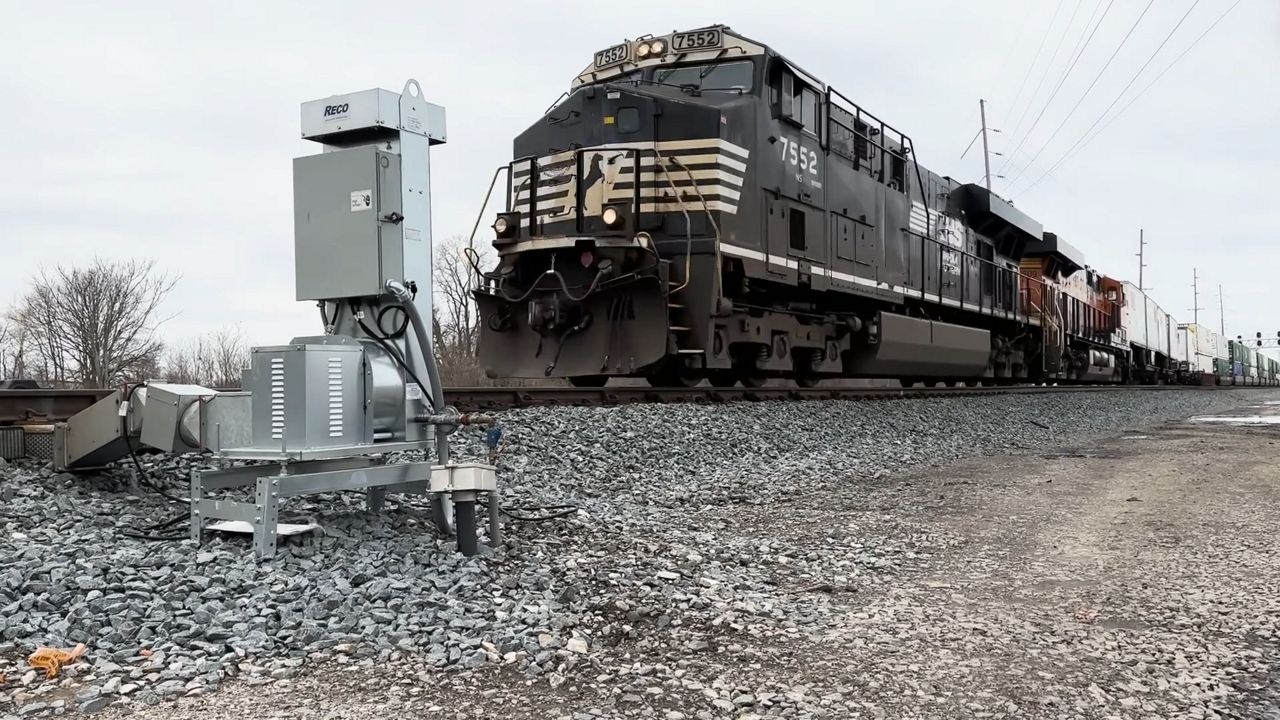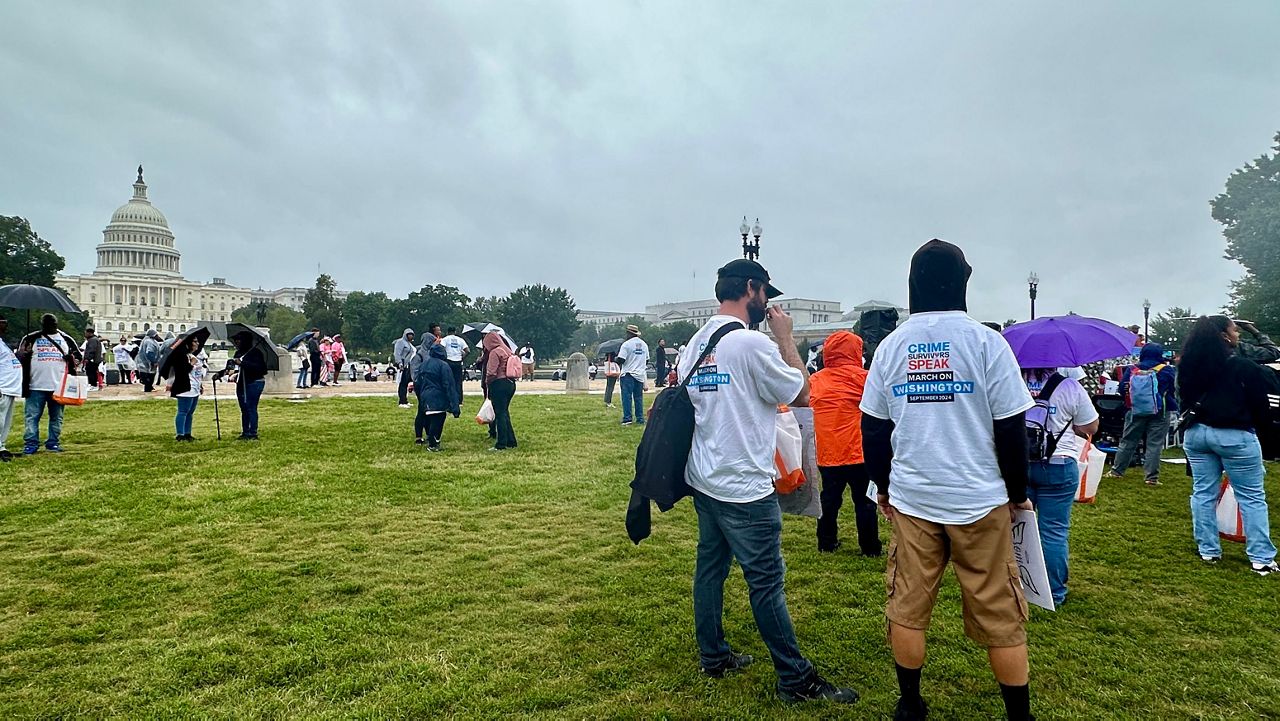WASHINGTON, D.C. — Leading his final hearing as chair of the Senate Banking Committee, Sen. Sherrod Brown, D-Ohio, flexed his powers one last time. He added two Democratic members to the committee in an effort to confirm some of President Joe Biden’s nominees before President-elect Donald Trump takes office next month.
What You Need To Know
- Sen. Sherrod Brown, who currently chairs the Senate Banking Committee, lost reelection in November
- Brown used his final hearing to try to move forward two nominees of President Joe Biden before President-elect Donald Trump takes office next month
- Brown gave a final message warning about challenges for American workers
On the eve of a confirmation vote for two Biden nominees—Caroline Crenshaw for a new term on the Securities and Exchange Commission and Hawaii Insurance Commissioner Gordan Ito—the Banking Committee was down two Democrats. Former Sens. Laphonza Butler, D-Cal., and George Helmy, D-N.J., both resigned last week.
So Brown added to his committee the two newly elected Democrats who replaced them—Sens. Adam Schiff, D-Cal., and Andy Kim, D-N.J. Both were confirmed Monday.
“With the transition, I don’t see there being an issue,” Kim said Wednesday. “It would have had the same number of Democrats had [Butler and Helmy] continued on with their work.”
The action drew Republican ire, including from the incoming chair, Sen. Tim Scott, R-S.C., who called it a “backroom deal.”
“It’s exactly why the American people kicked [Biden] out of office and returned former President Donald Trump, Republican majority in the Senate, Republican majority in the House, because the American people want people leading this country that they trust,” Scott said. “Want to know why they don’t trust the institutions of government? Backroom deals.”
Other Republican members of the committee said the move to advance Biden nominees would justify Republican attempts to confirm Trump nominees without Democratic support.
“We’re going to stand against this,” said Sen. Bill Hagerty, R-Tenn. “And if they complain one bit, if they do this just today, they have no leg to stand on. They [can’t] complain about the speed by which we put our nominees through in the next Congress.”
Brown dismissed that criticism, saying he would not have needed to add more Democrats to the committee if Republicans would work with them.
“[Crenshaw] is already an SEC commissioner. She’s been vetted,” Brown told Spectrum News. “We want to do it before the end of the year. We want some partisan balance on this committee. They have no intention of voting for her anyway, even though she’s very qualified.”
The committee ended up postponing its confirmation vote Wednesday. Committees meeting more than two hours after the Senate convenes requires the unanimous consent of all Senators, which is routinely granted. Republicans objected to meeting to vote on the nominees, blocking them from moving forward and in effect ensuring they will not be confirmed.
Brown used his final remarks as chair to warn of the challenges ahead for American workers.
“When I was growing up, the CEO-to-worker pay ratio was 20-to-1. That was still good money for management, as it should have been. That ratio today is 344-to-1 for CEOs’ average pay,” Brown said. “When the economy fundamentally does not reward work, while Wall Street continues to rake in profits, not just instead of workers, but at the expense of workers, our work is far from over.”
Brown will make his full Senate farewell address next week.












